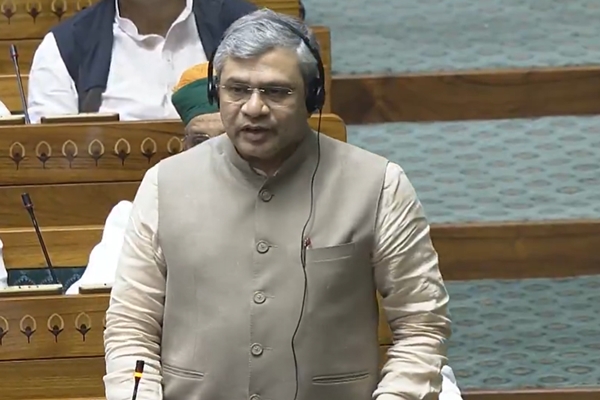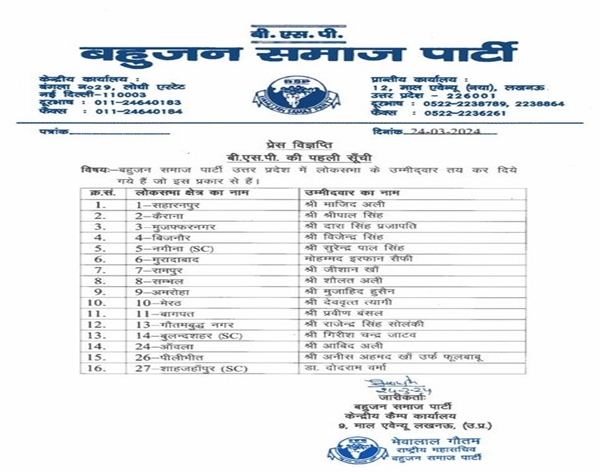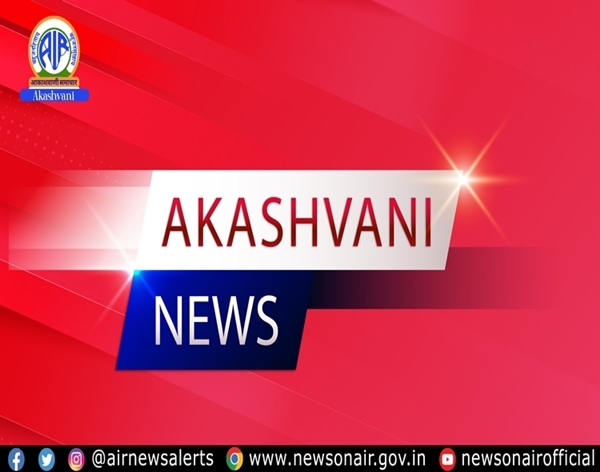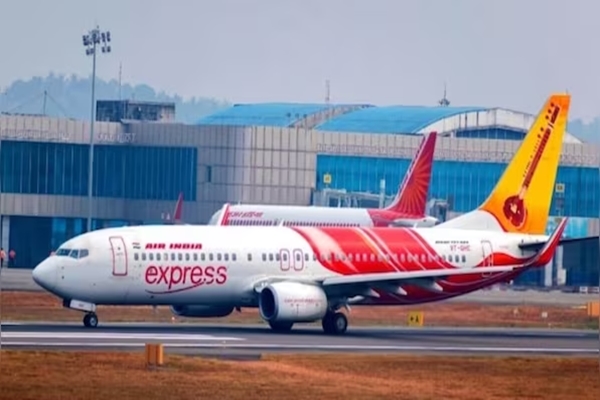The Lok Sabha today passed the Railways (Amendment) Bill 2024 with a voice vote. The bill seeks to amend the Railways Act 1989 and is intended to enhance the power of the Railways Board and improve the functioning and independence of the body. All the provisions in the Indian Railway Board Act, 1905, are proposed to be incorporated into the Railways Act, 1989, through this Bill. The bill seeks to repeal the Indian Railway Board Act, 1905, by suitably incorporating the provisions for the constitution and composition of the Railway Board into the Railways Act, 1989.
Replying to the discussion over the bill, Railways Minister Ashwini Vaishnaw said that this bill has been brought to simplify the legal structure. The minister said major steps have been taken to improve the railways infrastructure in the last 10 years. He said over three lakh 10 thousand new toilets have been installed in the trains, which has improved sanitation.
He said several new trains like Vande Bharat, Amrut Bharat, and Namo Bharat have been introduced to provide safe, comfortable, and affordable journeys to the middle class and the poor sections of society. Lauding the Vande Bharat train, the minister said its technologies and design have grabbed world attention, and it is a classic example of Aatmanirbhar Bharat. The minister said 44 thousand kilometres of railway networks were electrified in the past 10 years, which was only 21 thousand kilometres till 2014.
Mr. Vaishnaw said the budgetary allocation for Railways has increased exponentially in the last 10 years, reaching two lakh 52 crore rupees in this fiscal year. Responding to the apprehensions about the privatisation of railways, the minister strongly refuted this, saying that this is a fake narrative and there is no such plan. On the safety issue, the minister said several steps have been taken to improve the safety mechanism. He added that rapid work is underway to install the anti-collision device Kavach on trains. The minister said the recruitment process in railways for various posts is being completed in a transparent manner, and there is no complaint of any paper leaks or discrepancies.















